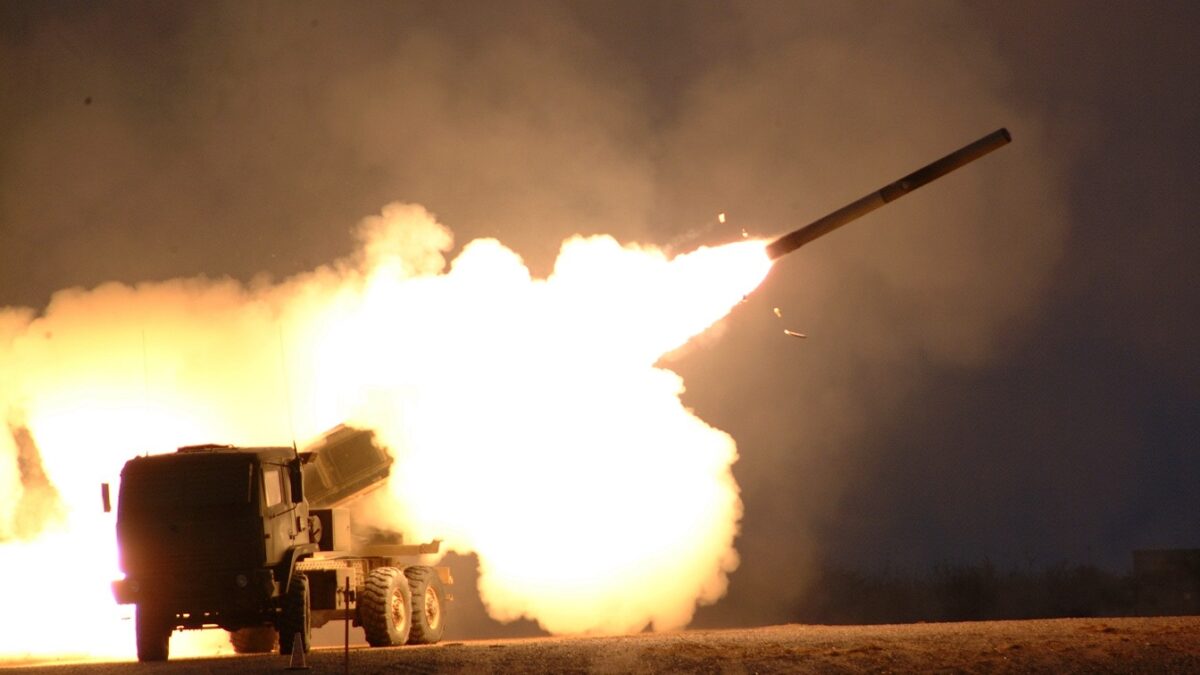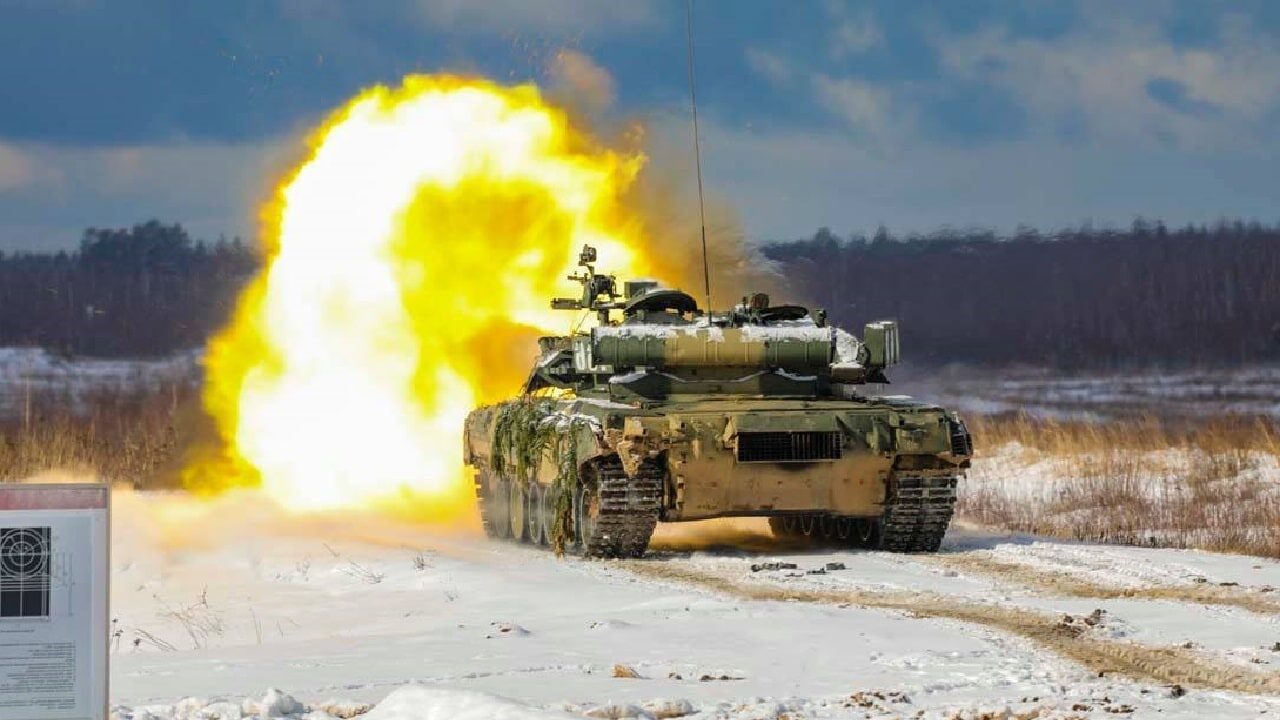Russia Passes New Law To Prevent Disheartened Troops from Abandoning Duty in Ukraine – As Russia continues to face heavy troop, weapon, and territory losses in Ukraine, the nation’s parliament approved new legislation on Tuesday designed to prevent more troops from abandoning their duty and the battlefield.
The new legislation establishes stricter rules for soldiers and harsher punishments for those who surrender or desert the battlefield in Ukraine. Under the new law, abandoning duty during “mobilization, martial law, or wartime” would be considered an aggravating factor and result in worse punishment.
It is the first time that this language has appeared in Russia’s legal code, which already had punishments in place for soldiers deserting the battlefield, and comes as more soldiers express concerns about the way the war has been conducted by the Kremlin and military officials.
What Are the Punishments?
Under the law, soldiers face prison sentences of up to 10 years for voluntarily surrendering and 15 years for looting. The new language incorporated into existing law means that these offenses, when committed during martial law, mobilization, or wartime, are more likely to result in maximum prison sentences.
Conscientious objectors who refuse to fight when required will face prison sentences of up to three years during wartime.
Human rights attorney Pavel Chikov reported on the draft Duma bill on his Telegram account, describing how the new language has never before been seen in the Russian Criminal Code.
Chikov confirmed that the second reading of the bill was scheduled for Tuesday, September 20 and that it would likely be approved by the Federation Council and signed by President Vladimir Putin before the day’s end. In an update, he confirmed that the legislation was “unanimously” approved in the second and third readings.
The human rights lawyer also said that a hotline for military personnel is currently in operation and encouraged soldiers to contact his team of military lawyers for assistance.
Selective Enforcement in Ukraine?
Russian law already prohibits soldiers from looting, but few, if any, appear to have been prosecuted following accusations of looting private homes and farms in Ukraine.
In April, reports revealed how Russian soldiers had engaged in widespread and “systematic” looting. The Guardian revealed how evidence gathered from across occupied Ukrainian territory showed that looting had not only been conducted by a “few wayward soldiers,” but that it was a “systematic part of Russian military behavior, across multiple towns and villages.”
In May, Melitopol Mayor Ivan Fedorov said during a national television address that Russian soldiers had looted priceless artifacts from a museum in the city.

HIMARS. This is similar to what is being used in Ukraine.
According to a report by the New York Times, the director of Melitopol’s Museum of Local History had hidden the artifacts in the cellar, but the Russians could still steal at least 198 gold items, as well as silver coins, medals, and rare weapons.
Jack Buckby is a British author, counter-extremism researcher, and journalist based in New York. Reporting on the U.K., Europe, and the U.S., he works to analyze and understand left-wing and right-wing radicalization, and reports on Western governments’ approaches to the pressing issues of today. His books and research papers explore these themes and propose pragmatic solutions to our increasingly polarized society.

